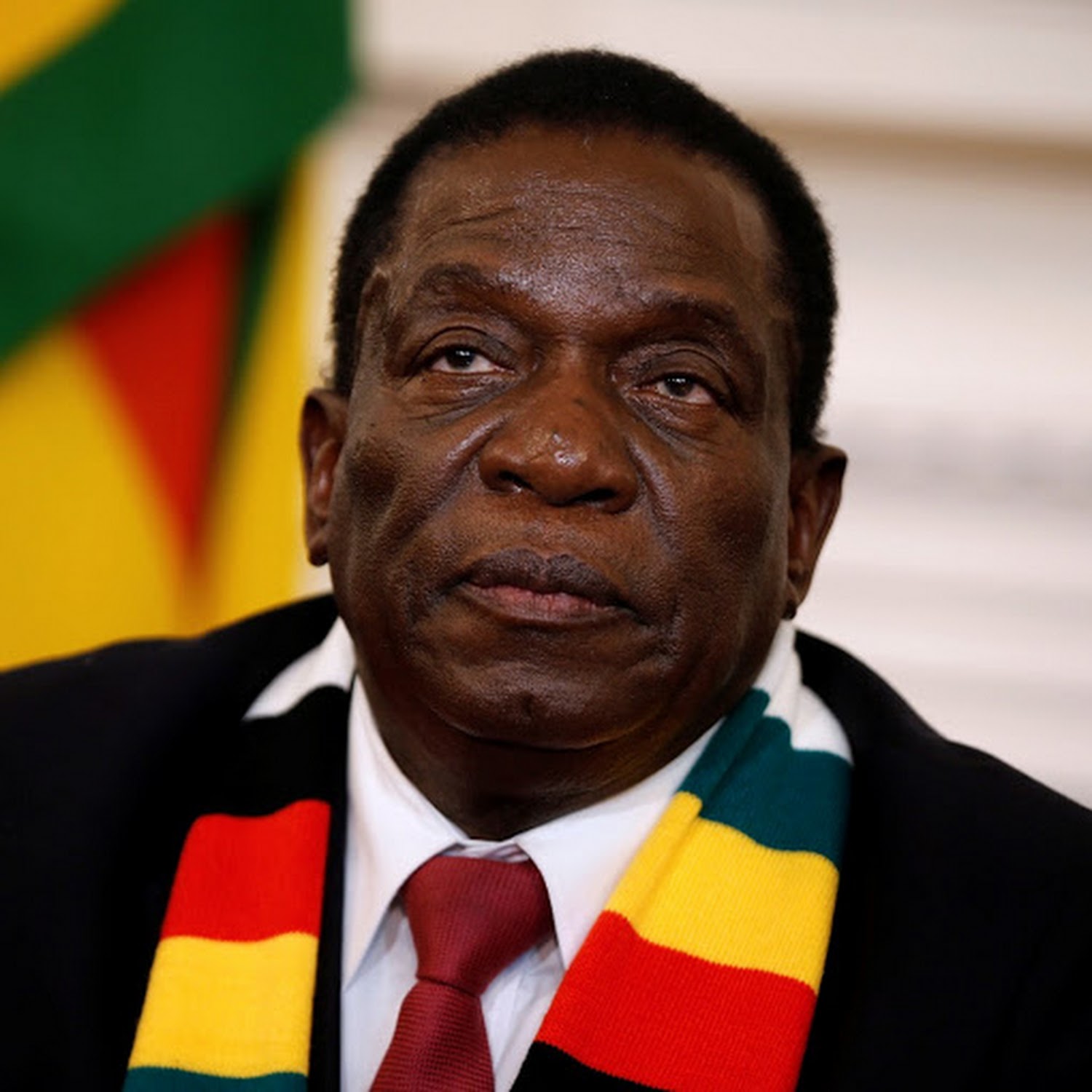Human rights advocates, activists, and opposition politicians are on high alert as they face pressure and intimidation from the government, which is allegedly growing nervous about possible protests during the Southern African Development Community (SADC) conference.
Zimbabwe will host the 44th SADC Ordinary Summit of Heads of State and Government on August 17, 2024, with President Emmerson Mnangagwa taking over as chairman of the regional bloc.
Some stakeholders, such as South Africa’s second-largest party and coalition partner, the Democratic Alliance (DA), have urged member countries to move the summit from Zimbabwe due to intensifying human rights violations.
This vigilance arises in the wake of a recent clampdown on human rights defenders in the weeks leading up to the SADC summit, where incidents of surveillance and harassment against activists have intensified, raising concerns about Zimbabwe’s commitment to upholding democratic freedoms and protecting civil liberties.
Executive Director of Zimbabwe Lawyers for Human Rights (ZLHR), Roselyn Hanzi, has issued a warning to human rights defenders, emphasizing the need for heightened vigilance.
“Human rights defenders need to be on high alert. They can fall victim to nefarious activities if not vigilant,” she stated.
Hanzi claimed that, unlike countries such as Côte d’Ivoire, the Democratic Republic of Congo, and Niger, Zimbabwe does not have specific legislation to protect human rights defenders.
The ZLHR added concerns about possible increased state surveillance and harassment of activists after receiving reports of an unmarked white Fortuner parked outside the home of Obert Masaraure, leader of the Amalgamated Rural Teachers Union of Zimbabwe (ARTUZ).
Vehicles were reportedly seen circling Masaraure’s residence, prompting ZLHR to call on state actors to “respect the Constitution” and cease intimidation tactics against citizens.
An analyst and human rights advocate, Bernard Magugu, suggested that activists consider changing their tactics to avoid preemptive crackdowns.
“Human rights defenders need to change tactics and go underground before the SADC conference and later spring a surprise, catching the suppressors off guard,” he advised.
“What has worked against them before and now is that they announce their intentions, thereby alerting the onslaughts by these ‘shadows.’ Scaring a bird is not the best way of catching it. Now, human rights defenders need to be more careful than before.”
An opposition politician, Iphithule Maphosa, noted that restrictive laws such as the Law and Order Maintenance Act (LOMA) and the potential impact of the proposed Private Voluntary Organisations (PVO) Amendment Bill further constrain human rights activists.
“The constitution guarantees freedom of expression, assembly, association, and access to information, but of course, there are some restrictive laws like LOMA and even crimes such as disorderly conduct that restrict the actions of human rights activists,” Maphosa explained.
Maphosa highlighted that the state needs to be pressed to respect Zimbabwe’s constitution.
“So it’s a matter of not respecting the constitution rather than the absence of a legal framework,” he said.
“The legal framework may also significantly change with the PVO Amendment Bill if it becomes law, because it may affect rights such as association. This is why it is arguable that the bill is unconstitutional because there should be minor restrictions imposed on how CSOs operate.”
Another opposition activist, Swithern Chirowodza, claimed “no one is safe” under Mnangagwa’s regime.
“We have come this far because (the former late president) Robert Mugabe tolerated this terrorism as long as it protected his power. Mnangagwa has always clashed with other Zanu PF members because he abused state apparatus. He uses state apparatus as an instrument of terror,” he alleged.
Chirowodza said that after independence, Mugabe retained Kenneth Flower as head of the Central Intelligence Organisation (CIO) and promoted former CID officer Dan Stannard to the position of CIO Director Internal. Their retention, along with other Rhodesia Front securocrats, sustained and ingrained Rhodesia’s impunity, now seen in Zimbabwe.
“Mnangagwa has excelled in learning and implementing the Rhodesian impunity handbook. The caveat for human rights defenders is therefore ‘beware of Mnangagwa,’” Chirowodza claimed.
The crackdown on activists has also extended to student activists, as on July 24, 2024, 44 members of the Zimbabwe National Students Union (ZINASU) were arrested during a meeting and forced to pay fines for ‘disorderly conduct.’
The students, through their lawyers at ZLHR, have challenged the Zimbabwe Republic Police (ZRP) to prosecute them, asserting they committed no crime.
In a separate incident, Hwange Central MP Daniel Molokele and local councillor Ellen Zulu were recently summoned by law and order police as part of a continued crackdown on rights activists.
Last week, Vusumuzi Moyo, Namatai Kwekweza, Robson Chere, and Samuel Gwenzi were pulled off a waiting plane at an airport in Harare and were subjected to abuse by their captors.
Lawyers representing the four said they require psychological support following their ordeal. Additionally, opposition leader Jacob Ngarivhume and cleric Bishop Kevin Nyamakanga were arrested on accusations of inciting violence, joining a growing list of activists detained by the government.
In Bulawayo, Citizens Coalition for Change (CCC) Ward 22 Councillor Mmeli Moyo was arrested last Thursday and appeared before a court charged with incitement to commit public violence.
Moyo was remanded in custody until August 16, as it was alleged that he organized an unsanctioned protest aimed at inciting the public to engage in violent demonstrations in Nkulumane on Wednesday.
Magugu summed up that the region and international community should be watching closely to see how the Zimbabwean government balances security concerns with respect for human rights and democratic principles during the SADC summit.
“With activists on high alert, the call for greater protection and freedom for human rights defenders remains urgent,” he said.

